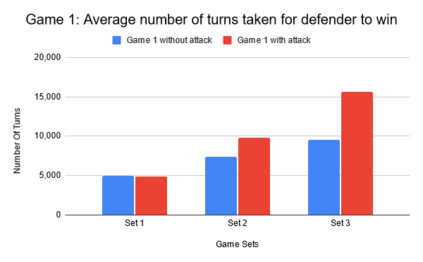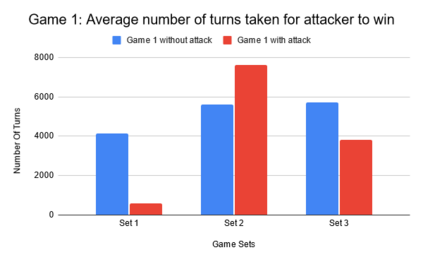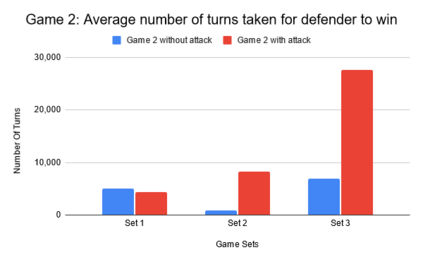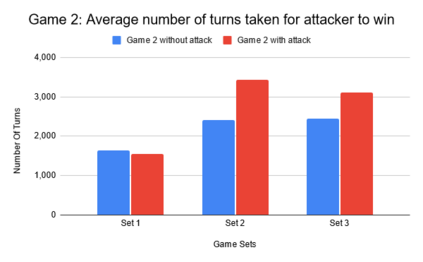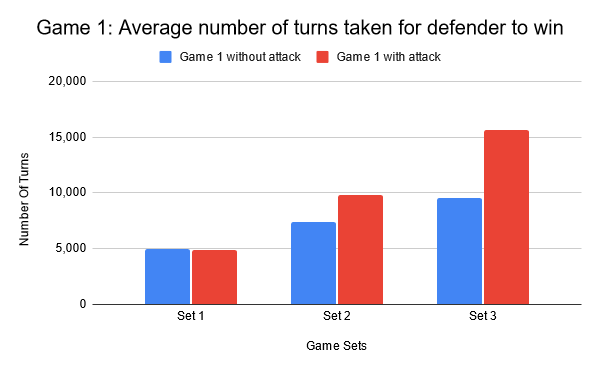This paper focuses on the impact of leveraging autonomous offensive approaches in Deep Reinforcement Learning (DRL) to train more robust agents by exploring the impact of applying adversarial learning to DRL for autonomous security in Software Defined Networks (SDN). Two algorithms, Double Deep Q-Networks (DDQN) and Neural Episodic Control to Deep Q-Network (NEC2DQN or N2D), are compared. NEC2DQN was proposed in 2018 and is a new member of the deep q-network (DQN) family of algorithms. The attacker has full observability of the environment and access to a causative attack that uses state manipulation in an attempt to poison the learning process. The implementation of the attack is done under a white-box setting, in which the attacker has access to the defender's model and experiences. Two games are played; in the first game, DDQN is a defender and N2D is an attacker, and in second game, the roles are reversed. The games are played twice; first, without an active causative attack and secondly, with an active causative attack. For execution, three sets of game results are recorded in which a single set consists of 10 game runs. The before and after results are then compared in order to see if there was actually an improvement or degradation. The results show that with minute parameter changes made to the algorithms, there was growth in the attacker's role, since it is able to win games. Implementation of the adversarial learning by the introduction of the causative attack showed the algorithms are still able to defend the network according to their strengths.
翻译:暂无翻译

